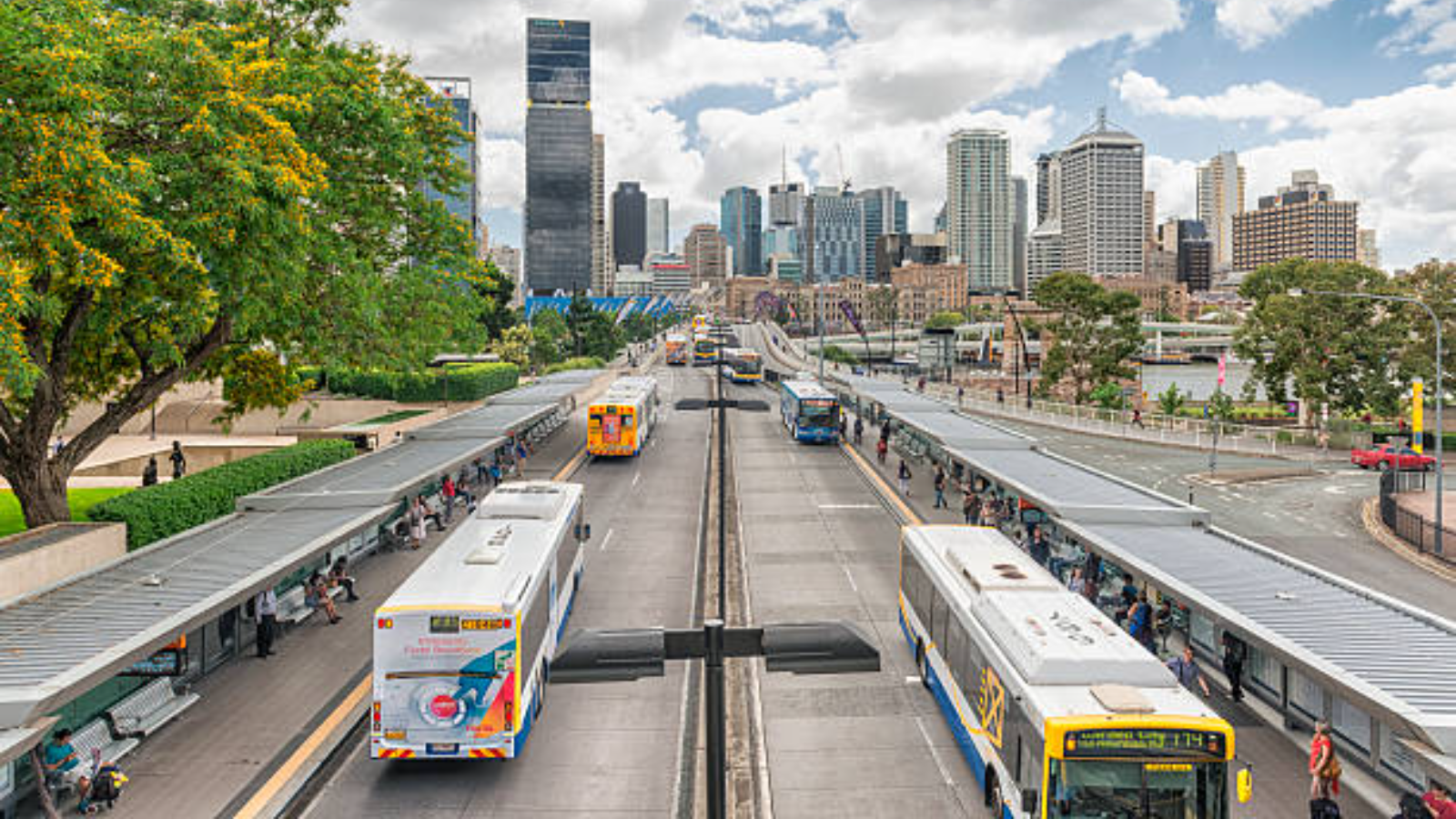In this Article
Introduction
Current Smart City Projects in Australia
1. Sydney
Sydney is leading the way in smart city initiatives with a strong focus on infrastructure upgrades and digital connectivity. Key projects include:
- Smart Lighting: Sydney has implemented smart street lighting systems that adjust brightness based on real-time conditions, reducing energy consumption and improving public safety.
- Traffic Management: Advanced traffic management systems use sensors and data analytics to optimize traffic flow, reducing congestion and travel times.
- Digital Connectivity: The city is expanding its 5G network to support a wide range of IoT applications, enhancing communication and data transfer capabilities.
2. Melbourne
Melbourne is taking a holistic approach to becoming a smart city, with innovative projects in transportation and sustainability.
- Smart Public Transport: Real-time tracking and contactless payment systems are making public transportation more efficient and user-friendly.
- Sustainability Initiatives: Projects like the Green Infrastructure Program focus on creating eco-friendly buildings and public spaces.
- Case Studies: Successful implementations include the Melbourne Renewable Energy Project, which sources renewable energy for city operations.
3. Brisbane
Brisbane’s smart city initiatives emphasize sustainability and community engagement.
- Renewable Energy: The city is integrating renewable energy sources into its power grid, reducing its carbon footprint.
- Green Infrastructure: Projects like the Brisbane Metro aim to provide sustainable and efficient public transport options.
- Community Engagement: Digital platforms are being used to involve residents in decision-making processes, enhancing transparency and accountability.
4. Perth
Perth’s smart city projects focus on mobility and environmental monitoring.
- Smart Mobility: The city is trialing autonomous vehicles and expanding its electric vehicle charging network.
- Environmental Monitoring: IoT sensors are being used to monitor air quality, water levels, and other environmental factors.
- Citizen Well-being: These initiatives aim to improve the quality of life for residents by creating a cleaner, safer, and more efficient urban environment.
Future Plans for Smart Cities in Australia
1. National Strategies
The Australian government has outlined national strategies to advance smart city development.
- Infrastructure Improvements: Plans include upgrading urban infrastructure to support smart technologies.
- Sustainability Goals: The government aims to achieve carbon neutrality and promote green initiatives.
- Digital Innovation: Emphasis on enhancing digital connectivity and data analytics capabilities.
2. Technological Advancements
Emerging technologies are set to shape the future of smart cities.
- AI and IoT: These technologies will enable real-time data collection and analysis, improving urban management.
- Blockchain: Blockchain can enhance data security and streamline various city operations.
- Edge Computing: This technology allows data processing closer to the source, reducing latency and improving response times.
3. Environmental Sustainability
Australia is committed to green initiatives and achieving carbon neutrality.
- Sustainable Transportation: Plans include expanding public transport networks and promoting electric vehicles.
- Energy-efficient Buildings: New building codes will require higher energy efficiency standards.
- Circular Economy: Emphasis on reducing waste and promoting recycling and reuse.
4. Community Involvement and Governance
Citizen engagement is crucial for the success of smart city projects.
- Participatory Budgeting: Residents will have a direct say in how public funds are allocated.
- Local Government Role: Governments will partner with private sectors to implement smart city initiatives.
- Digital Inclusion: Programs to ensure all residents have access to digital technologies and the internet.
Challenges and Considerations
Addressing the challenges associated with smart city technologies is essential for their successful implementation.
- Privacy and Security: Ensuring data privacy and security is a top priority.
- Financial Sustainability: Finding sustainable funding models for smart city projects is crucial.
- Regulatory Challenges: Developing policy frameworks that support innovation while ensuring public safety and welfare.
Conclusion
How Can We Help?
The AlphaX ecosystem is dedicated to supporting the development and implementation of smart city solutions. Our comprehensive platform offers a range of tools and services designed to address the unique challenges faced by urban planners and policymakers. From IoT integration and data analytics to sustainable energy solutions and community engagement platforms, AlphaX provides the expertise and technology needed to create smarter, more sustainable cities.
To learn more about how AlphaX can help your city achieve its smart city goals, visit our contact page and get in touch with our team.
References
Related Blog Posts
How Smart Cities Connect: Getting Started with Edge AI and IoT Technology
How to Get Started with Edge AI and IoT Technologies in Smart Cities: Overcoming Integration Challenges In recent years, the concept of smart cities has evolved from a futuristic Read More
5 Step Strategy: Ensuring Security and Privacy in 15-Minute Smart Cities
Introduction Ensuring security and privacy in 15-minute smart cities is a critical challenge as urban areas become increasingly connected through IoT and edge AI technologies. These cities aim to Read More
What is a smart city and the challenge of legacy systems
How to Get Started with Integrating Legacy Systems in Smart Cities Smart cities are transforming urban landscapes by leveraging technology to improve the quality of life for residents. However, Read More




